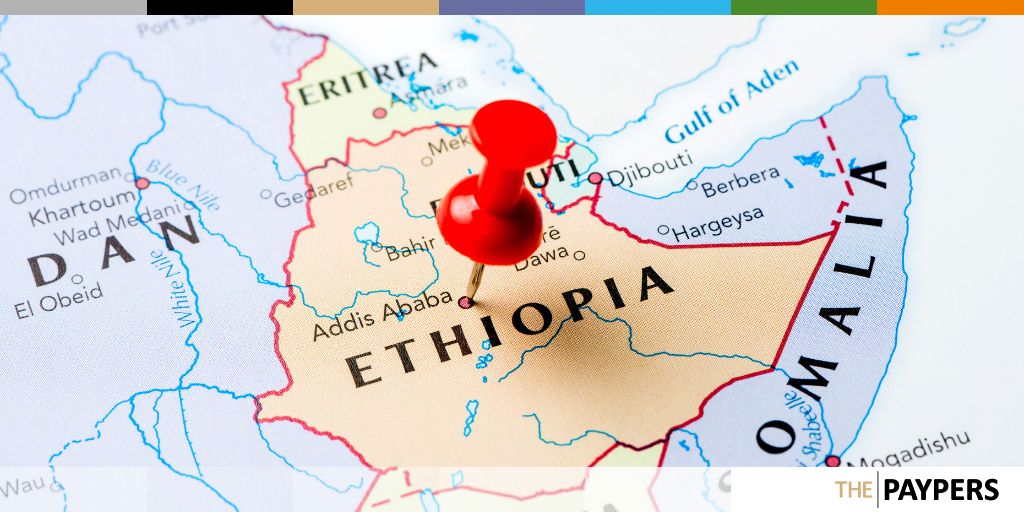 Ethiopia’s cabinet has approved a bill allowing foreign banks to establish local subsidiaries and permitting foreigners to acquire shares in domestic lenders.This move is part of the government’s broader economic liberalisation efforts aimed at attracting foreign investment into key sectors such as banking, telecoms, transportation, and aviation. The country, with a population exceeding 100 million, represents one of Sub-Saharan Africa’s largest economies according to Reuters. Historically closed to foreign investors for decades, Ethiopia’s market potential has drawn significant interest from international businesses.
Ethiopia’s cabinet has approved a bill allowing foreign banks to establish local subsidiaries and permitting foreigners to acquire shares in domestic lenders.This move is part of the government’s broader economic liberalisation efforts aimed at attracting foreign investment into key sectors such as banking, telecoms, transportation, and aviation. The country, with a population exceeding 100 million, represents one of Sub-Saharan Africa’s largest economies according to Reuters. Historically closed to foreign investors for decades, Ethiopia’s market potential has drawn significant interest from international businesses.

A closer look at the new laws
Under the new legislation, foreign banks meeting specific criteria of establishment, reputation, and financial stability may establish fully or partially owned subsidiaries, open branches and representative offices, or acquire shares in local banks. The bill stipulates that foreign bank subsidiaries must include Ethiopian residents on their boards of directors.
Limits are set on foreign ownership in Ethiopian banks, with aggregate foreign and foreign-owned Ethiopian organisations restricted to a maximum of 40% of total shares. Strategic investors are capped at a 30% direct stake. The National Bank of Ethiopia described these legislative changes as pivotal in laying a robust groundwork for economic growth, emphasising enhanced governance, transparency, and accountability within the banking sector.
Currently, Ethiopia’s banking landscape is predominantly occupied by the state-owned Commercial Bank of Ethiopia, with a total of 29 players, all domestically owned. Last year, the central bank announced plans to issue up to five banking licences to foreign investors over a five-year period.
Financial inclusion efforts in Ethiopia
In May 2024, Mastercard revealed a partnership with the Cooperative Bank of Oromia to launch optimised solutions and support financial inclusion in Ethiopia. Following this announcement, the Cooperative Bank of Oromia and Mastercard launched Coopbank Prepaid Mastercard and introduced the Community Pass technology for customers and businesses in the region of Ethiopia. The initiative was expected to optimise digital and financial inclusion across the country, in particular for smallholder farmers.
In addition, both financial institutions focused their efforts on meeting the needs, preferences, and demands of customers and clients in the market, while also prioritising the process of remaining compliant with the regulatory requirements and laws of the local industry


